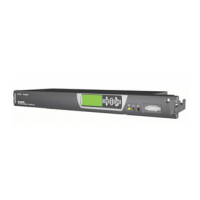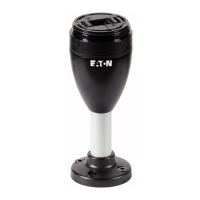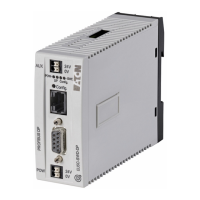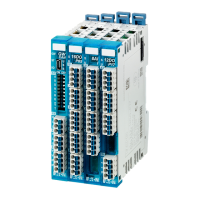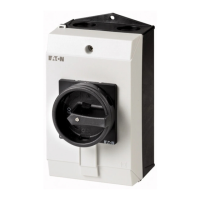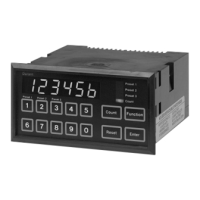System Operation
Copyright © 2007-2011 Eaton Corporation. All Rights Reserved.
IPN 997-00012-50H November 2011
► To create a Smart Alarm
1 Determine the equivalent logic gate arrangement for the Smart Alarm.
Smart Alarms can be regarded as logic gates. Each gate (AND, OR or XOR) is an entry in
the Smart Alarm States table. The gate inputs are entries in the Alarm Sources, Scheduled
Sources or System Value Sources tables.
2 Configure the Smart Alarm(s):
In DCTools/Web go to: Alarms > Smart Alarms.
Expand the Smart Alarm States table and configure a Smart Alarm and configure the
following parameters.
To change a setting, double-click and select from drop down list or edit the text.
Type the name of the alarm.
Set to the required alarm priority. This determines how the alarm is indicated.
See details on page 44.
If set to Disabled then the alarm will not activate.
Determines how the sources will be logically combined (AND, OR or XOR).
The alarm will activate when the logical combination of the sources has been
true for this period.
Deactivation
Recognition Period
The alarm will deactivate when the logical combination of the sources has been
false for this period.
If required, select a relay that will be operated when the alarm is active.
If required, select a second relay that will be operated when the alarm is active.
An SNMP Trap will be sent for this alarm, if Send Trap is True and the alarm's
Severity matches the setting of the SNMP Trap Level (see details on page 86).
Sent in the Trap Origin field.
Set to 0 unless using Groups in PowerManagerII. See PowerManagerII online
help for details.
Type any required description. When the alarm is active the text will be
displayed on the SC200 and included in the SNMP trap (if used).
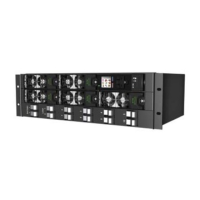
